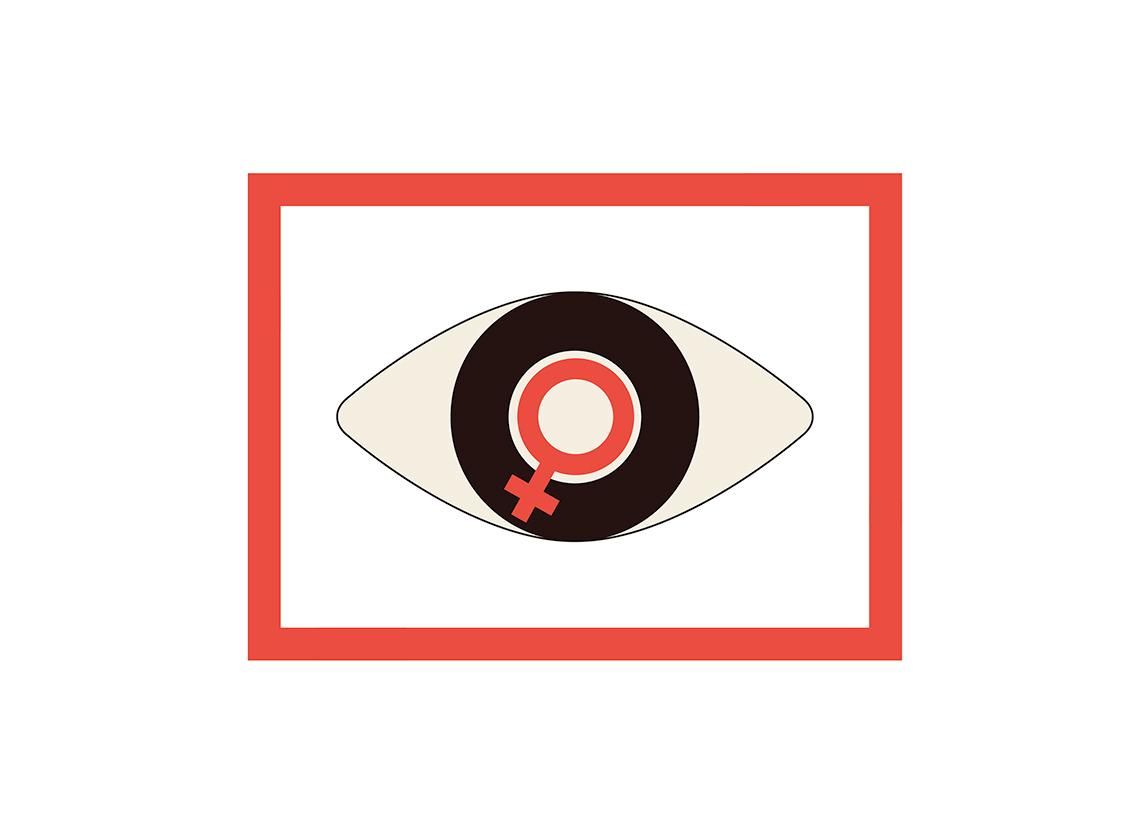Gender equality at the heart of drug policies
The dynamics generated by drugs in society create specific vulnerabilities for women. Drug policies, which have traditionally suffered from a gender bias, have not been able to address the barriers to access that women experience in prevention services, comprehensive care and the structural conditioning factors that limit the possibilities of economic development.
In addition, women are more affected by the limited coverage and/or lack of coordination of care services in the most vulnerable territories. In these contexts, poor, migrant or sexually diverse women suffer multiple stigmatisation and discrimination. In the trafficking link, the perverse link between trafficking and drug trafficking, as well as convictions for minor micro-trafficking offences that lack proportionality, are phenomena that particularly affect women.
At the REGIONAL level, the programme produces reports and methodological guides.In terms of articulation with regional networks, it supports the Conference of Ibero-American Ministers of Justice (COMJIB) and the Inter-American Association of Public Defenders (AIDEF) in the creation of instruments and standards of alternativity and proportionality, in line with the human rights and gender approach. Contribute to gender justice, providing indicators of vulnerability in minor crimes or protocols that can find victims of trafficking in drug trafficking crimes.
At the NATIONAL level, COPOLAD III contribute to promote the inclusion of the gender approach in 8 National Drug Observatories (NDOs) through research protocols, improvement of questionnaires and revision of sex-gender categories for the recording and analysis of data. COPOLAD III, together with the countries of the region, works on the analysis of stigma as a social phenomenon that affects women who use drugs. In addition, training is carried out that incorporates the gender approach to the treatment of problematic drug use and takes into account the capacities of women and their specific characteristics.
4 IMPLEMENTING PARTNERS:
FIAAPP (Fundación Internacional y para Iberoamérica de Administración y Políticas Públicas)
IILA (Organización Italo-Latinoamericana)
GIZ (Cooperación Técnica Alemana)
EUDA (Agencia Europea de Drogas)






